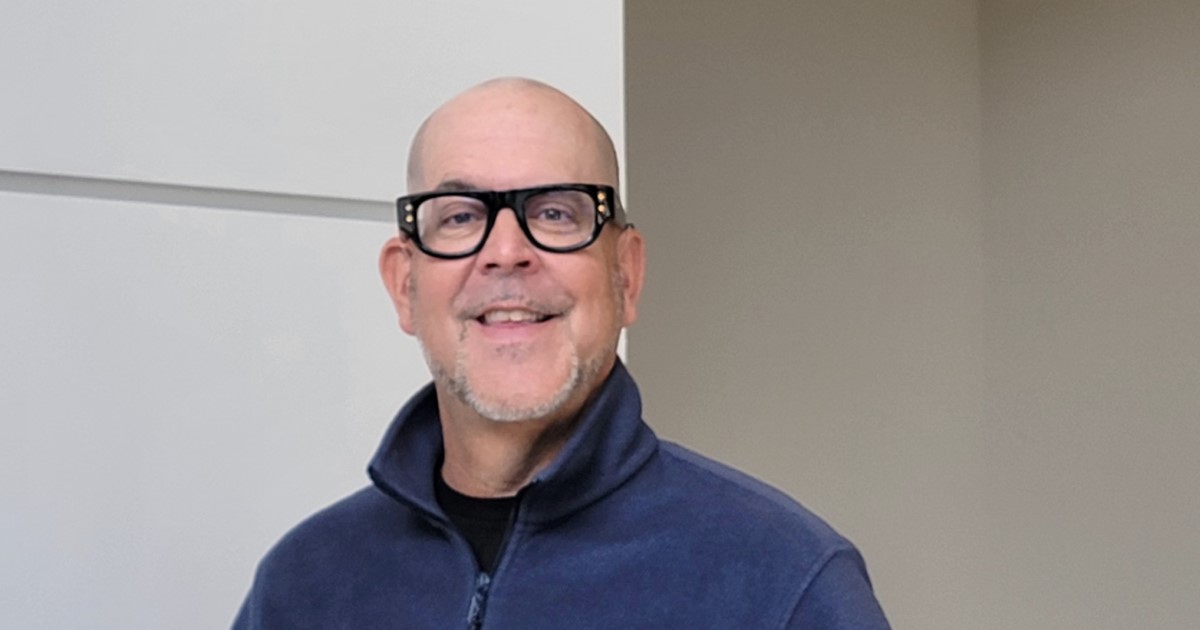

We are always on the lookout for articles about Direct Primary Care. We got excited about this one called Why direct primary care may be the future, and what technology is needed to support it in HealthcareItNews. Right off the rip, the article goes sideways as it talks about homebound patients and then interviews a “value-based care expert.” What is a value-based care expert? No one knows. In Direct Primary Care, the only expert in value is the patient who is paying the bill. If they don’t percieve the practice offers enough value then they leave. It’s really simple.
Back to our story.
Now, to be fair, Lynn Carroll, the expert, did an excellent job explaining DPC and I like this part:
The success of DPCs depends heavily on a strong patient/PCP relationship. Patients in a DPC model generally have greater access to their physicians/healthcare teams in a more convenient and affordable manner than they would under traditional billing systems.
He also explains why DPC improves outcomes because it gives doctors more time with patients. YESSSSS!!!!! This is the one quality indicator the gov’t or insurers will never measure in the fee-for-service system. They don’t want to because doing so it would show the world what’s behind the curtain.


So far, this expert is on the money.
Then we go off the rails. When asked “How can coordinating care, services and reimbursements through a digital infrastructure improve health equity for vulnerable populations?“, he responds:
A digital infrastructure is needed to power this network of service providers. Successfully integrating community-based organizations into a care network requires providers to deploy technologies that offer complex hierarchy support for onboarding, data capture, digitization and exchange. These technologies must support SDOH, quality reporting and other use cases.
The right cloud-based digital infrastructure can support the many-to-many relationships necessary for coordinated care of patients. By sharing information and analytics and realigning downstream reimbursement to include both medical and nonmedical services, providers can activate a powerful community-based network of care for their patients.
What the f%ck is that?
- onboarding
- data capture
- digitization
- exchange.
- SDOH
- quality reporting
- analytics
- realigning downstream reimbursement
What did I miss here? Was this some magic trick or sleight of hand? Let me have Sesame Street respond to this:


I get it. This guy is an IT person and DPC is hot right now. I have been saying this for a while and warning DPC docs that others want to interject their sh$t into our world. Be careful. The last thing we need is data capture, quality reporting, or anything else on that list.
Am I wrong here?


I believe you are right. All of those requirements led to the HITECH act in 2009. That led to early adoption of electronic medical records before they were ready. As such, they were introduced and perfected for revenue capture and physicians were left high and dry with a complex system that steals hours every day of our time and patient’s time. It has cost the United States billions and probably trillions of dollars over the past 13 years in wasteful spending. IT companies have grown (i.e. EPIC) to have a monopoly with no incentive to improve the physician interaction with the EMR. I would say that the HITECH act has led to physician burnout and moral injury and for myself, has encouraged me to leave the system to pursue DPC. I can definitely say that EMR was the turning point for my career. If designed and used correctly, EMR could have been the best thing for medicine in a long time but that unfortunately did not happen. When you force people to do something that is not ready, the consequences can be big.
You at correct. I always ask the IT and analytics folks what “data” do you need to know our car is great? I never get a straight answer. What proof do they want? Do they ask the patients about their satisfaction? Our Net Promoter Score is 81 average I’ve roast 3 years. These IT companies want a cut of the $4.3T medical slush fund. One I spoke with pretty much told me “you might as well learn to love it because these analytics are gonna be required for DPC.” Not for me sir, not for me.